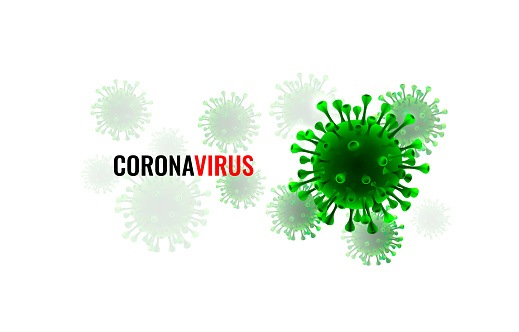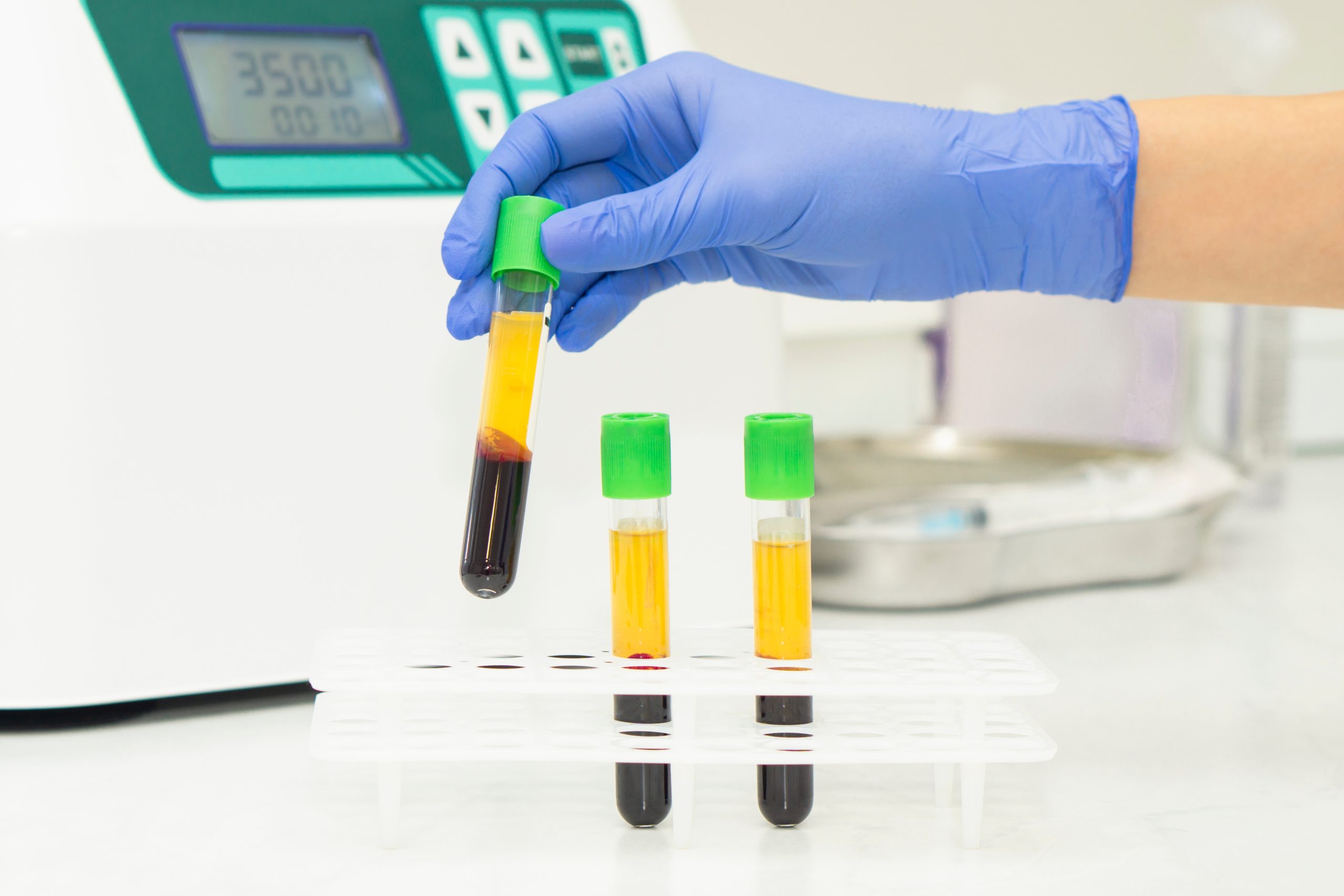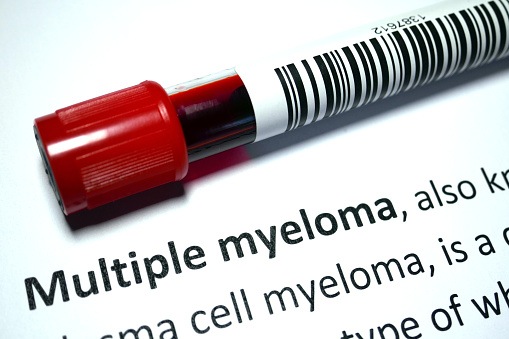
Blood clot rates in COVID-19 patients are high, and associated with an increased risk of death, according to a study published in The Lancet.
To conduct this study, researchers performed a systematic review and meta-analysis of studies evaluating thromboembolism (TE) in COVID-19. After We combing PubMed, Cochrane, and Embase for studies published up to June 12, 2020, they identified 425 studies – of which 42 were included in analysis. The total number of studies comprised 8,271 patients.
According to the results, the verall venous TE rate was 21% (95% CI,17 to 26%), while the ICU rate was 31% (95% CI, 23 to 39%). Overall deep vein thrombosis rate was 20% (95% CI, 13 to 28%). Overall, the study showed that the mortality rates were 74% higher among patients with COVID-19 who developed TE juxtaposed to those who did not (OR=1.74; 95%CI, 1.01–2.98; P = 0.04).
“We began to notice a really unusual manifestation of venous and arterial thromboembolism in patients with COVID-19,” said lead researcher Mahmoud Malas, MD, division chief of Vascular and Endovascular Surgery at UC San Diego Health via a press release. “In addition to higher instances of blood clots, the mortality for patients hospitalized for COVID-19 and with thromboembolism was much higher, compared to patients without clots. It’s unusual because we have never seen anything like this with other respiratory infections.”
“The collective experience in the literature as captured in this meta-analysis study brings additional light on the importance of blood vessel clotting events in hospitalized patients with COVID-19,” said Bryan Clary, MD, surgeon-in-chief at UC San Diego Health and co-author of the study. “While the frequency of these events is much higher than expected, our study likely underestimates the incidence of thromboembolism in the global population of patients with COVID-19, including non-hospitalized patients.”
SDBN Feed: Study: COVID-19 Infection Combined with Blood Clots Worsen Patient Outcomes – https://t.co/VdyuCxdqBR #biotech #news pic.twitter.com/Fw4YzaiEVz
— San Diego Biotech Networks (@sdbn) November 23, 2020
“What we can learn from this paper is due diligence,” added Dr. Malas. “We’re still in the process of understanding the pathophysiology of COVID-19, so it’s important to have a low index of suspicion when it comes to this infection to ensure we’re doing all we can to mitigate the spread and prevent severe outcomes.”







 © 2025 Mashup Media, LLC, a Formedics Property. All Rights Reserved.
© 2025 Mashup Media, LLC, a Formedics Property. All Rights Reserved.